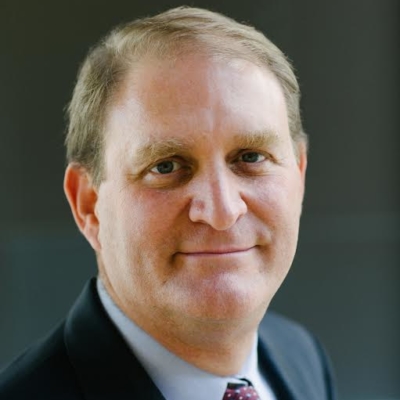Researchers Finally Get Access To Data On Facebook’s Role In Political Discourse
Summary
It took 20 months longer than planned, and a daunting statistical challenge remains. But Facebook is finally giving researchers access to a trove of data on how its users have shared information—and misinformation—on recent political events around the world.
The data being made available today consist of 38 million URLs relating to civic discourse that were shared publicly on Facebook between January 2017 and July 2019. They reveal such details as whether users considered a linked site to be fake news or hate speech, and whether a link was clicked on or liked. Facebook is also providing demographic information—age, gender, and location—about the people who shared, clicked on, or liked those links, as well as their political affinities.
…
Gary King, a quantitative social scientist at Harvard University, and Nathaniel Persily, a law professor at Stanford University, quickly formed a nonprofit entity, Social Science One, that would host the data on its website and vet requests to access it. Several major charitable organizations chipped in $11 million to fund proposals from scientists who wanted to use the data, and the Social Science Research Council (SSRC), a nonprofit organization, agreed to manage the grantmaking process.
…
“When Facebook originally agreed to make data available to academics through a structure we developed … and [CEO] Mark Zuckerberg testified about our idea before Congress, we thought this day would take about two months of work. It has taken twenty,” King and Persily write in a blog post today.
…
“Censoring [certain values] and noise are the same as selection bias and measurement error bias—both serious statistical issues,” King and Persily write. “It makes no sense … to provide data to researchers, only to have researchers (and society at large) being misled and drawing the wrong conclusions about the effects of social media on elections and democracy.”
Read More
